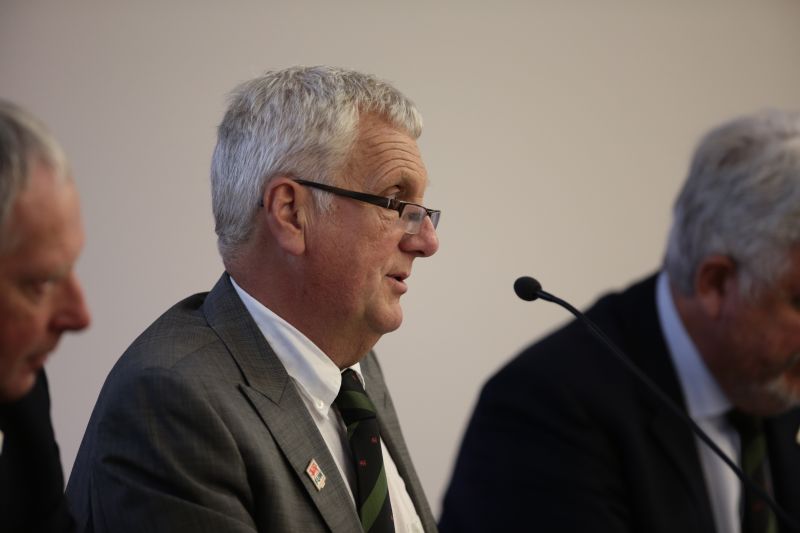
The government's new proposals to solve the Northern Irish impasse would still leave the Welsh farming industry 'out in the cold', the Farmers' Union of Wales says.
Number 10 unveiled its new Brexit plan earlier this week, including a proposal to replace the Irish backstop.
The plan would see Northern Ireland stay in the single market for goods, but leave the customs union - resulting in new customs checks.
The UK is set to leave the bloc on 31 October and Prime Minister Boris Johnson has insisted it will not negotiate a further delay.
But even if the EU accepts the offer, Welsh farming bodies warn that it 'makes no difference' to the 'core concerns' regarding the impact on agriculture.
The Farmers' Union of Wales (FUW) has reiterated its view that the UK should remain within both the single market and customs union in order to 'minimise severe economic impacts'.
The union's president Glyn Roberts said: “Re-fudging the Irish backstop to try and address valid Northern Irish concerns should not be perceived as a ‘new deal’ for the UK as a whole.
“It does nothing to stop the worries inherent in the original withdrawal deal, which would in any case only apply for a very short period.
“Nor would it make any difference to the vague and open-ended political declaration which relates to how Wales and the UK would trade with the EU in the long term.”
Since January, the FUW has advocated withdrawing Article 50 in order to return to a 'sensible negotiation' timetable.
After that, the government could then resume talks with the European Union for a 'sensible Brexit deal', it says.
Mr Roberts added: “There is also the option we have advocated since the June 2016 referendum which is supported by the EU, which is to stay in the single market and customs union to minimise what even the government’s own analyses say would be severe economic impacts.”
He said this would 'respect' the referendum outcome while 'preventing damage' to the economy and rural communities.
“Irrespective of such concerns, I hope that this is a genuine offer rather than a cynical ploy aimed at preventing a safe and timely Brexit in order to attract the support of an impatient public,” he said.
